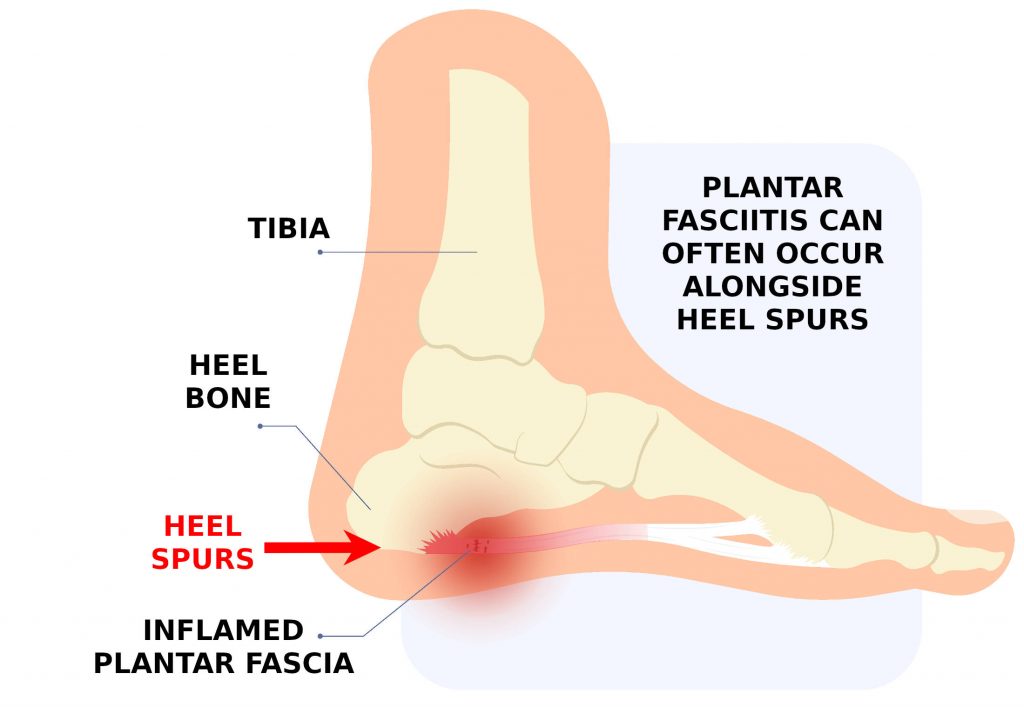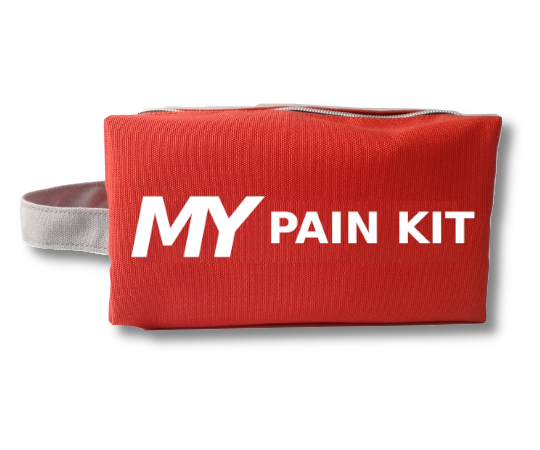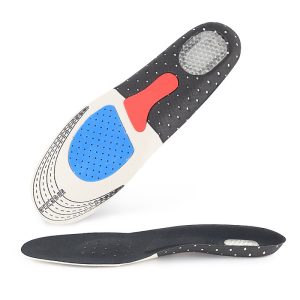If you leave Plantar Fasciitis untreated, you run the risk of developing heel-spurs over time. It’s best to get this painful condition sorted ASAP.
In This Article:
What Triggers Plantar Fasciitis?
Along the sole of your foot, from the heel to the ball, there is a strip of connective tissue called the Plantar Fascia. As your foot moves and stretches while moving, this tissue needs to stretch and flex too. When strain is put on the Plantar Fascia, and even tiny tears along it’s length from overuse – this is usually how the problem starts!
Foot Pain and Leg Pain caused by Plantar Fasciitis doesn’t tend to get better on it’s own. It needs Treatment.
David Connor B.Sc, M.sc Chiropractic, RN/RGN Nursing Orthopaedics, EMT
The Most Obvious Symptoms Of Plantar Fasciitis
Plantar Fasciitis can cause excruciating foot pain most commonly near the heel and arch of the foot. This pain can be debilitating not only to your foot but can exacerbate pain in other areas such as your knee, hips and low back. It tends to be worse on the sole of your foot and can be worse first thing in the morning after getting out of bed. It tends to improve as you get walking and warmed up. Probably because you hadn’t any weight on it for the hours that you were asleep, and the initial pressure as you put your foot down is severely aggravating. This acute or chronic pain condition affects nearly 10% of adults in the U.S. at some point in their lives!
Foot Pain Cascades Throughout The Leg and Hips
This inflammation causes pain and stiffness in the foot. When the pain hits, people tend to modify how they walk, run and even stand – to take the weight off the sore area. This is dangerous, and can often exacerbate an already deteriorating situation.
So the pain and imbalance can now transfer higher up the leg. Your calves and even hips can be affected, with the pain scorching up into your lower leg!
This can lead to low back pain and stiffness. It may also exacerbate pre-existing conditions like knee and hip osteoarthritis or chronic low back pain.
It seems crazy, but this is why plantar fasciitis can cause low back pain. Leaning away from pain is quite a common posture to adopt and this puts more stress on one side of the pelvis/spine causing back pain.
Heel Spurs Can Be Caused By Long-Term Plantar Fasciitis
Heel spurs are bony accumulations of bone along the attachment sites on the heel. Where the ligaments meet the bone.

Over long periods, people suffering with plantar fasciitis are prone to developing heel spurs! If you think the Plantar Fasciitis is painful, well, bone spurs can add to this pain!
Bone spurs take time to develop. If you ignore your initial painful symptoms, you are at risk. This is why we need to act in a timely manner to treat your Plantar Fasciitis, not just to recover, but also to prevent it reoccurring in the future!
Plantar fasciitis can sneak up on you over time. Pain in the foot is a real signal that should be examined. Watch out for the morning pain. If you experience this, please act before it gets any worse. Book an appointment with your Physiotherapist, Physical Therapist, Osteopath or Chiropractor. It can cause loss of your quality of life and cause a lot of emotional distress.
Risk Factors For Heel Spurs
- Lots of exercise – running or jogging
- Walking or running on particularly hard surfaces (road-warriors!)
- Walking incorrectly. Yes, this is a thing – lots of people have an unusual gait.
- If your shoes don’t fit properly!
- Heavy weight or increasing weight bearing (even pregnancy!)
- Sadly, aging can affect the flexibility of the Plantar Fascia and can be very difficult to treat
- Diabetes
So to summarise: when you notice foot pain or heel pain particularly in the morning or after a rest period it’s important to address this issue and hopefully stop developing chronic or worse symptoms.
Frequently Asked Questions:
There can be many causes of Heel Pain, but a very common one is Plantar Fasciitis. This is where the fascia at the bottom of the foot becomes injured and inflamed, which can cause significant pain in the heel. Left untreated you could be at risk of developing heel spurs which are more difficult to treat.
Once you’ve consulted a medical professional, you can try working on your own injury with the following:
- Heat Therapy
- Massage
- Movement Exercises
- Stretches
- Strength Exercises
- Cold Therapy
- Bracing / Support
A brace typically restricts the movement of the injured area, which is fine while the injury is acute and you are resting. As the injury starts to heal, Plantar Fasciitis responds best to small movement exercises, along with massage, so this would be advisable. A support like a shoe-orthotic can be useful too.






